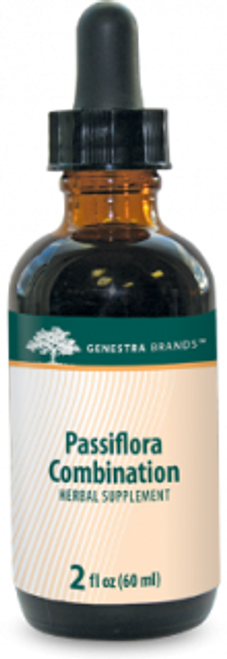Product Overview
Genestra Black Walnut Combination #1- 2 fl oz (60 ml)
• Complex botanical formulation • Traditionally used in Herbal Medicine to help relieve digestive disturbances/dyspepsia, as a digestive tonic and bitter to help stimulate appetite and aid digestion (1-4) • Ideal for vegans • Convenient capsule format increases patient compliance • Black Walnut Combo #1 is a unique liquid combination of synergistic herbs traditionally used in Herbal Medicine to help relieve digestive disturbances (dyspepsia); as a digestive tonic and bitter to help stimulate appetite and aid digestion.
References: 1 Bradley P.R. British Herbal Compendium. 1992. 2 Remington J.P, Woods H.C and others. The Dispensatory of the Untied States of America. Twentieth Edition (1918). [Internet]. Available at: http://www.swsbm.com/Dispensatory/USD-1918-complete.pdf 3 Barnes J, Anderson A, Phillipson J. Clove. Herbal Medicines. Second Edition. Pharmaceutical Press. London, UK. 2002. 4 Cook W. The Physiomedical Dispensatory. 1869.
Additional product info: Quassia is among the most powerful of the simple bitters, useful in failure of appetite due to gastric debility; its active principle, quassin acts as stimulant to the salivary, hepatic, and renal secretions. The recommended dose is 5-10 grains (0.32-0.65 g) per day (1) . Quassia amara is one of the best of what is known as “stomach bitters”. In debility of the stomach or intestinal structures, and inactivity of the secreting organs, the tonic effects of this agent are most pronounced. Many forms of dyspepsia depending upon atonicity are cured by it, either alone or in conjunction with some other remedies (2) . Quassia is stated to possess bitter, orexigenic and gastric stimulant properties. Traditionally, it has been used for anorexia and specifically for atonic dyspepsia with loss of appetite. The recommended dose is 0.3-0.6 g per day (3) .
Yarrow is indicated for digestive complaints as well as loss of appetite. The recommended dose is 2-4 g, three times a day (4) .
Achillea millefolium herb has been used in traditional herbal medicine for temporary loss of appetite. Used in traditional herbal medicine for symptomatic treatment of mild, spasmodic gastro-intestinal complaints including bloating and flatulence. The recommended dose of the fluid extract is 2-4 ml (2-4 g), three times a day (5) .
This plant seems to have been in use from quite ancient times. The whole plant is employed especially in Europe. It is stimulant and astringent, very positive in quality and moderately slow acting. It is to advantage in chronic dysentery and diarrhoea. And also in that feeble condition of the digestive organs known by precarious appetite and passive looseness of the bowel (6) .
Wormwood leaves and flowering tops are stated to be tonic, stomachic (an agent that increases appetite and improves digestion) and stimulant and used for atonic dyspepsia. The recommended dose is 15-60 grains (1-4 g) per day (7) . The leaves and flowers were used by the ancients. They are stimulating and relaxing tonics, bitter and strong to a highest degree, and acting upon the stomach and gall-ducts. It improves appetite and digestion and slightly influences the bowels; for which effects, it has been a favourite addition to tonic preparations for low and bilious conditions. As a result of its influence on digestion, it sometimes proves useful in atonic leucorrhea and diarrhoea. The recommended dose is 5-15 grains (0.32-1.0 g), three times a day (8) .
Wormwood has been traditionally used in herbal medicine for temporary loss of appetite as well as in mild dyspeptic and/or gastrointestinal disorders (9) .
Clove has been traditionally used as a carminative, anti-emetic and counter-irritant. The recommended dose is 120-300 mg per day (10) . In folk medicine, flower buds have been used in the treatment of dyspepsia and morning sickness (11) . Cloves are among the most stimulant of the aromatics, and are given to relieve nausea and vomiting, to correct flatulence and to excite languid indigestion. Their chief use is to assist or modify the action of other medicines (12) . The dried undeveloped flowers of cloves are stimulant and carminative and among the most stimulating of the aromatic spices and are administered as carminatives and stomachics to relieve flatulence, pain and cramp in the stomach and bowels. The recommended dose is 5-10 grains (0.32-0.65 g) per day (13) .
Other ingredients: purified water, ethanol (grain)








